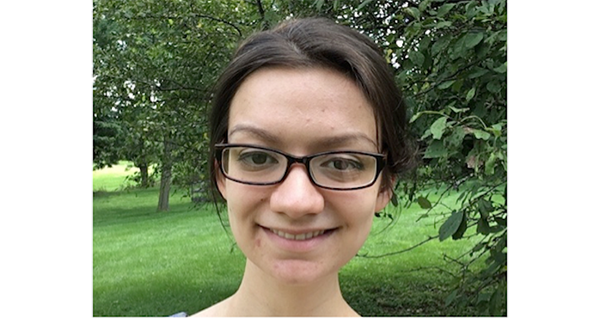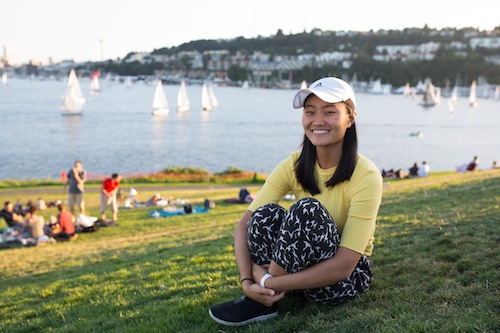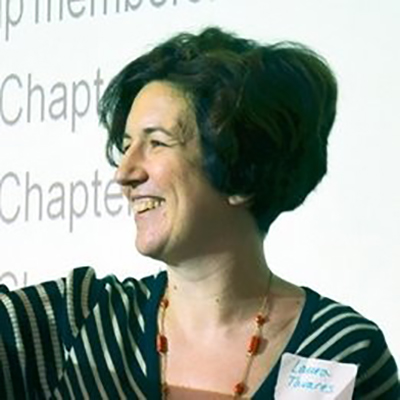Journalism
Almost every career in journalism begins with writing experience. While many schools offer specialized degrees in journalism, with courses like Feature Article Writing, Digital Storytelling, Investigative Journalism, etc, students can use skills gained from a liberal arts education to prepare for this career In fact, there are very specialized areas of journalism that are advantaged by a background in science, economics, or other disciplines.
Fine Art
Practicing artists support themselves by teaching, selling artwork, being awarded grants and commissions, and a wide variety of other related (and non-related) professional endeavors. Growing and maintaining an active studio practice requires both training and resources— in the form of materials, equipment, space, and exhibition or performance opportunities. Many artists refine their work and begin to connect with the world of galleries, grants, and exhibitions in a graduate program (usually an MFA program). However, this is not the only path to a career as an artist.
Fashion and Lifestyle
Fashion is a fast-paced and exciting industry for those who love clothes, designs, and trends. This international industry includes careers ranging from modeling to fabric/clothing design, from marketing to retail, from business to manufacturing, from buying to merchandising. Possible occupational titles include: fashion designer, model, photographer, fashion editor, fashion writer, fashion stylist, fashion buyer, retail merchandisers.
Design and Illustration
Design and illustration careers begin with a portfolio of client-based or self-inspired work that displays your talent, style, and creative thinking. While there are full-time positions in the field of design, there are fewer full-time opportunities for illustrators. For this reason, many illustrators work as designers and illustration is a part of their job.
Creative Writing
As a practice, creative writing refers to a wide variety of disciplines. Writers who want to publish novels, poetry, short fiction, and creative non-fiction often earn an MFA and support their creative practice by teaching in higher education.
Arts Administration
A career in arts administration combines interest in the arts with business expertise and fundraising skills. Arts administrators work for symphony orchestras, art galleries, museums, ballet companies, musical groups, theatres and other organizations.
Arts Education
As a field, art education spans traditional K-12 art classrooms to university/college teaching and even to more community-oriented spaces, like museums, arts centers, and educational non-profits. This field even crosses over into healthcare in the form of vocational rehabilitation and art therapy programs.
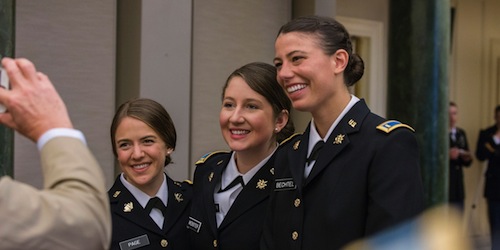
On-Campus Recruiting Program Policies (Students)
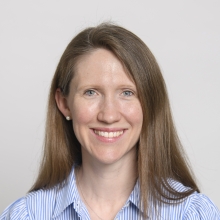
Career Education expects all students to abide by the following rules in order to maintain the success and integrity of Wellesley’s recruiting program.
Fulbright Program (rising seniors & graduates)

Supports a year (or occasionally more) of study or research abroad in any discipline, or year-long English teaching assistantships (ETAs) abroad in programs designed by the host countries. Eligible are graduating seniors and graduates who are US citizens. Campus application deadline for Wellesley students and graduates typically in August, after an optional draft deadline in July.
Projects for Peace (students)

Created in 2007 by Kathryn Wasserman Davis (Wellesley College '28), the Projects for Peace program offers undergraduates and graduating seniors funding to design a grassroots project for the summer of 2024—anywhere in the world — that promotes peace and addresses the root causes of conflict among parties. Projects may employ innovative techniques for engaging project participants in ways that focus on conflict resolution, reconciliation, building understanding and breaking down barriers that cause conflict, and finding ways to resolve conflict and maintain peace. Any current Wellesley student is eligible to apply. Campus application deadline typically in January.
“In the past year I’ve spent a lot of time thinking, talking, and journaling about my career, values, and interests. The courage to see if different doors would open for me, to reach out to people and ask for their time and wisdom, was sometimes hard to come by, but my curiosity pushed me to do things that were slightly uncomfortable, and the results were worth it.”
“From the beginning, my career mentor was there to brainstorm, encourage, and motivate me to pursue an internship that aligned with my interests.”
“In a given week, I might be working with our program staff who are based around the US, Canada and the UK to design learning experiences for teachers; meeting with partner organizations to plan collaborative projects; consulting with filmmakers or scholars who want to reach students; or researching and writing about challenging issues for educators.... It’s probably unusual to stay at one place for so long, but I’ve always been able to answer ‘yes’ to a few key questions: Am I learning? Is my world getting bigger? Is my work making a difference?”



